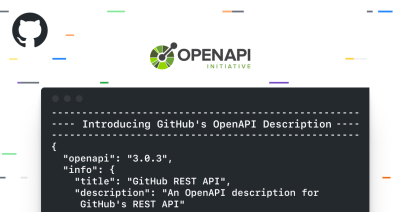
Secure at every step: How GitHub’s dependency graph is generated
GitHub’s dependency graph identifies all upstream dependencies and public downstream dependents of a repository or package by parsing manifest files, so that you can better manage the security and compliance of your dependencies.












